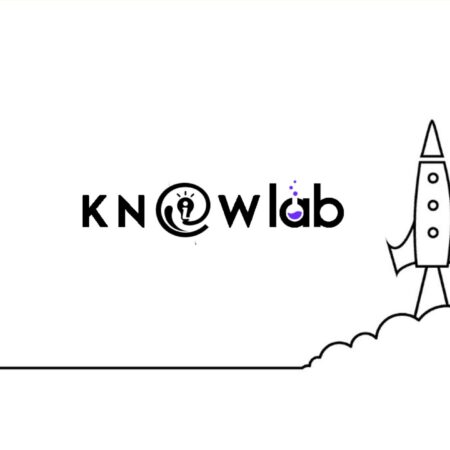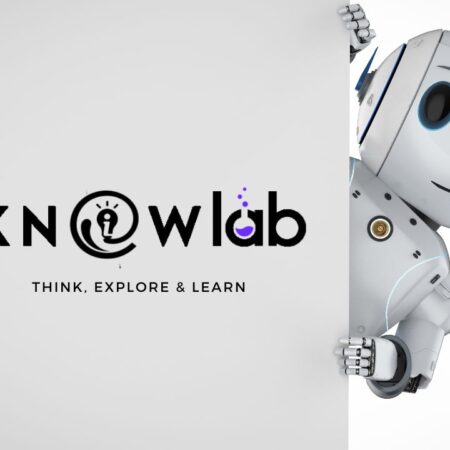 Preparation is a critical part of any Model UN conference- you need to come prepared so you can deliver informed speeches, make strong arguments while negotiating, and write innovative and realistic resolutions on your committee topics. Preparation and research need to focus on both your country and your topics, and it can add up to a lot of information that there’s no way for you to memorize!
Preparation is a critical part of any Model UN conference- you need to come prepared so you can deliver informed speeches, make strong arguments while negotiating, and write innovative and realistic resolutions on your committee topics. Preparation and research need to focus on both your country and your topics, and it can add up to a lot of information that there’s no way for you to memorize!
Here’s a sample conference preparation timeline:
Before the Conference
6 weeks before: Print off and read the “Background Guide” for your committee. This is provided by the conference and can usually be found online.
5 weeks before: Put your “Background Guide” into a binder to hold all your information. This is called a “Research Binder”. Start filling it with information you find researching your country and topic.
4 weeks before: Complete a “Country Profile”, researching your assigned country.
2-3 weeks before: Research your topic- specifically the Topic Background, Past International Action, Country Policy, and Possible Solutions.
1 week before: Write an “Opening Speech” and practice it before the conference!
Researching your Country Profile
Here is some list of guiding questions to research for your country profile.
Physical Geography:
- What is your country’s official name?
- What region of the world is your country located in?
- How big is your country? (square miles)
- Who are your country’s neighbors?
- How would you describe your country’s physical features and climate?
Culture
- What is your country’s population?
- What is your country’s ethnic composition?
- What is your country’s official language?
- What other languages are spoken?
- What is your country’s capital?
- What are some of the major cities?
- How would you describe the quality of life in your country?
Politics & Government
- When was your country founded?
- What type of government does your country have?
- Who are some of your country’s leaders?
- How many people serve in your country’s military?
- Who are your country’s allies? Enemies?
Economy
- What is your country’s total Gross Domestic Product?
- What are some of your country’s natural resources?
- What is your country’s currency?
- What are your country’s major imports and exports?
- What are your country’s biggest trading partners?
Your first step in assembling your research binder should be your country profile- a research packet about what country you’re going to represent! While you may not need to know what your 8th biggest export is, it’s critical to have a decent understanding of your country if you want to represent them in debate.
Researching Topic Background
After researching your country, you should begin looking into the topic that you’re going to be discussing. It’s important to have a good base of understanding about your topic before you dive in and try to decipher how your country feels about that topic. There are numerous resources on UN websites and across the internet about your topic- even Wikipedia is a good place to start, so you can use their sources at the bottom to find more information about your topic. You should have a strong historical understanding of your topic, as well as the causes and impacts of the issue you’re discussing so that you can come prepared to committee on the first day of the conference.
Researching Past International Action and Country Policy
To understand how to represent your country at the UN, you need to know two things- what the international community has already done about the topic, and what your country wants to do about it. To find Past International Action, you can try looking through news sources, but you can also read past UN reports and resolutions on the issue. The UN Official Documentation Services can help you determine what the UN has done about the topic already. A similar solution can be found for your country’s policy on the issue- by looking at the websites of your country’s government, foreign ministry, or UN mission, you can find statements and actions related to the topic you’re discussing.
Researching Solutions
While researching UN and government websites can be helpful to learn about what the UN has done about your topic in the past, they may not be as helpful as you’d like for finding new solutions to these issues you’re researching! However, Non-Governmental Organizations (NGOs) can be great resources to find solutions to the topic you’re researching. Also, Think Tanks and University Researchers may have published ideas on how the issue can be fixed, and looking through their ideas can be great ways to brainstorm ideas on how to take these issues. The most important thing for finding solutions to these problems, however, is your creativity! Think of ways the UN and the Member States could work together to combat this issue in realistic ways, and plan how these solutions would work in your words!




